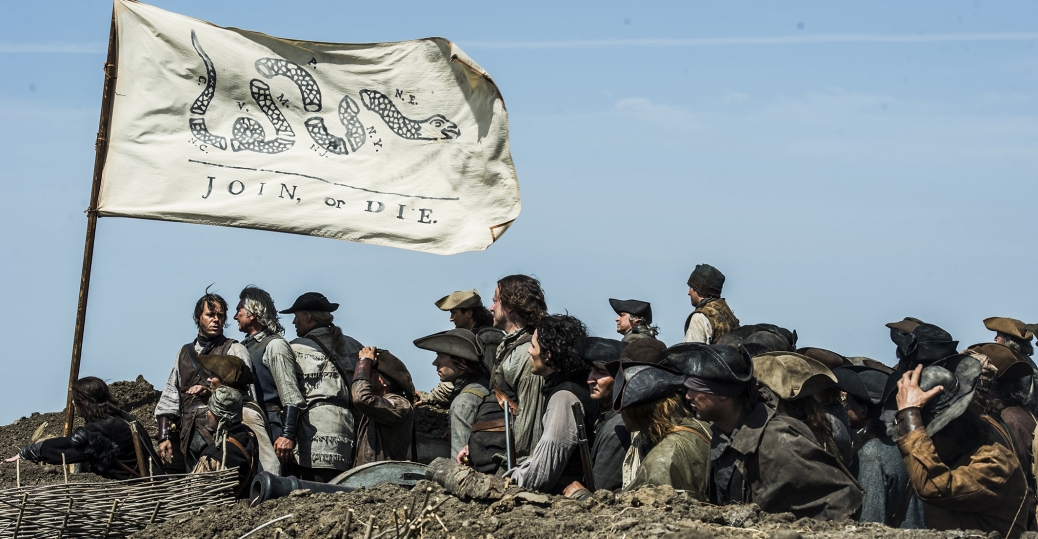Posted slightly different at our Veterans site, VeteransTales.org, where I invite you to read and join the conversation.)
My father was a WWII veteran, leaving college as a freshman after Pearl Harbor, enlisting, embarking for North Africa about the same time his daughter, my sister, was born, and not coming home to see his daughter until just before VE Day. He liked to brag, after he’d had a few, that I was born nine months to the day after he came home.
Everything I knew about my dad’s service in North Africa, Sicily and Italy, I heard from my grandfather. I got the sense, confirmed by years traveling around the world, that that was how a lot of lessons were passed down. Grandparents tell the stories while Pop is out working his butt off, in my dad’s case, making up for lost time.
It was Granddad who told me stories about the Arabs and the flies in Tunisia, and the heat, only he wasn’t around to tell my younger brother. So I passed those stories onto him. That’s how legends and culture have been passed on since the Indians first came here. But neither Grandad nor my dad would tell me anything about Anzio or Monte Casino, which taught me another lesson, that men who have seen dark things rarely like to talk about them. To just anyone.
My dad was the Commander of the nearby VFW until one night a member sat at a table, slowly pulled out a pistol and calmly blew his brains out. I couldn’t have been more than 6. Then when I was in my 20s Dad took me to an American Legion Hall at the country seat, 25 miles away, but just to see if their local ping pong champion could beat him. He couldn’t. He told me then that was the first Legion Hall he’s been in since ’45. The clientele “were different”, he said, a notion I never understood until the local newspaper editor and myself, both veterans, attempted to join a Legion Post in a dry county in Kentucky in the mid-80s. We were summarily attached to a Post in Louisville, 75 miles away.
In 1991 or thereabouts, after having written a patriotic op-ed favorable to the military in the liberal Cincinnati evening paper I was asked by a former American Legion national commander to give that same “speech” at a local Legion Hall dinner event. In the crowd of about 200, everyone just itching for the tables to be cleared, so the dancing could begin, I noticed all the young faces.
So, just to get a lay of the land, I asked if all the veterans would stand up and be recognized. Two old fellows at the back table stood up. My dad had just died a couple of months earlier, at age 70, so, realizing I had nothing unfoolish to say, I just folded up my Red-White-and Blue speech, stuck it inside my jacket pocket and tried to pretend I was Johnny Carson for five minutes, then gave the floor over to the dancing.
It was then I understood what my dad meant while leaving the Legion Hall at the county seat 20 years earlier.
I graduated high school in 1964. The Vietnam War officially began later that summer. From my high school class we lost one person to the war. A friend and a Marine. My brother graduated high school three years later, and he lost three, two of them best friends. He went on to serve 32 years, telling me he couldn’t leave the Navy in the hands of the people who were ruining the last eight years of his career. In 2002 they had to drag him out by his ankles for health reasons, but with a better C-in-C in charge
There’s a point to this reminiscence.
In World War II every American had “skin in the game”. There was not a town, or even neighborhood, or street, (in my neck of the woods, a hollow) that was not waist deep in that war. Every home had a son or daughter in uniform, or married to one. The “wahr” was pasted up on every store window. Every block had grief committees, people who would come over after that letter from the War Department was delivered. Everyone joined the fight at home, with scrap drives, all the way to Rosie the Riveter, who only recently passed away, in January. Her real name was Naomi Parker Fraley.

But by the Vietnam War, even with the draft, and the separation of America by educational class, college kids who were deferred (like me) and every other male who had to deal with the local draft board…my brother didn’t enlist until the his name came up 5th in the lottery in 1969…a town would only have a few kids in uniform. Less skin in the game.
When a soldier came home in a coffin it only caused a stir in the smallest of towns, and by 1972 there were armies of people, young mostly, whose sole purpose in life was to blight the path of that coffin as it wound its way into a small church somewhere. While the military members were spread out all across America, it seemed the Anti-War was bunched, mostly on college campuses, were very vocal and very newsworthy.
Don’t get me wrong, wars getting smaller is a good thing.
But by 9/11 the process of passing on the Red-White-and-Blue aspect of “being American” had been reduced to Americans who, going back to my generation, had some personal memory of a nation that more fully had skin in the game.
Although the cheering did resume after 9/11, in the normal hum of town life almost no one knew there was a war on, so there was nothing to share or pass on. In at least half of America, intentionally so.
Now, I favor a system of national service, only I won’t make that case here. With the failure, actually opposition of public schools, I can think of no other way for every American to recapture that skin in this game we call Liberty.
There may be other ways, and I’m soliciting discussions and suggestions here.
I’ll only make the case for the idea of certain values, in this case, Love of Country, being passed on from generation to generation, and with at least some mention of this Love and Respect in public schools and higher educational institutions is fading clear away if we don’t come up with something.
And by we, I mean the people. It’s one of those things where the politicians’ will follow the peoples’ lead.
Right now, the veterans of this country, and their families, especially their (our) children, are about all we’ve got to pass that sense of national belonging on. Veterans and their families have always been at the core of “being American”, for they have always had the most skin in the game; offering more, sacrificing more, suffering more, while keeping all the legends alive.
The good news is that our modern veterans get it. Despite the odds. They’ve done the oppo research.
How do we bottle this strong sense of national love for the Flag when we are now in the minority and many feel we will just die out over time? How do we take back the high ground? How do we insure it will be passed on?
Well, there’s the schools, and clearly, just being outraged about them isn’t enough. We need a great plan, actually several, for every level of our society, but the sort we can all be a part of. Taking back our schools would be nice, to make sure that children are taught about George Washington and all those other dead Founders, and what they not only stood for, but what they fought for.
What they stood for is for us to be able to be in charge of our own lives, even the privates and rank seamen, and to be able to raise their children to become general officers, if they so choose.
As I said, this a “Theme” article, and if we get a large enough interest, we’ll set aside a special section just for this topic.






[…] Vassar Bushmills […]